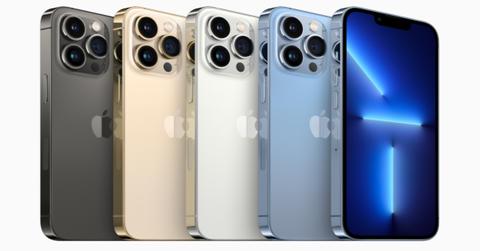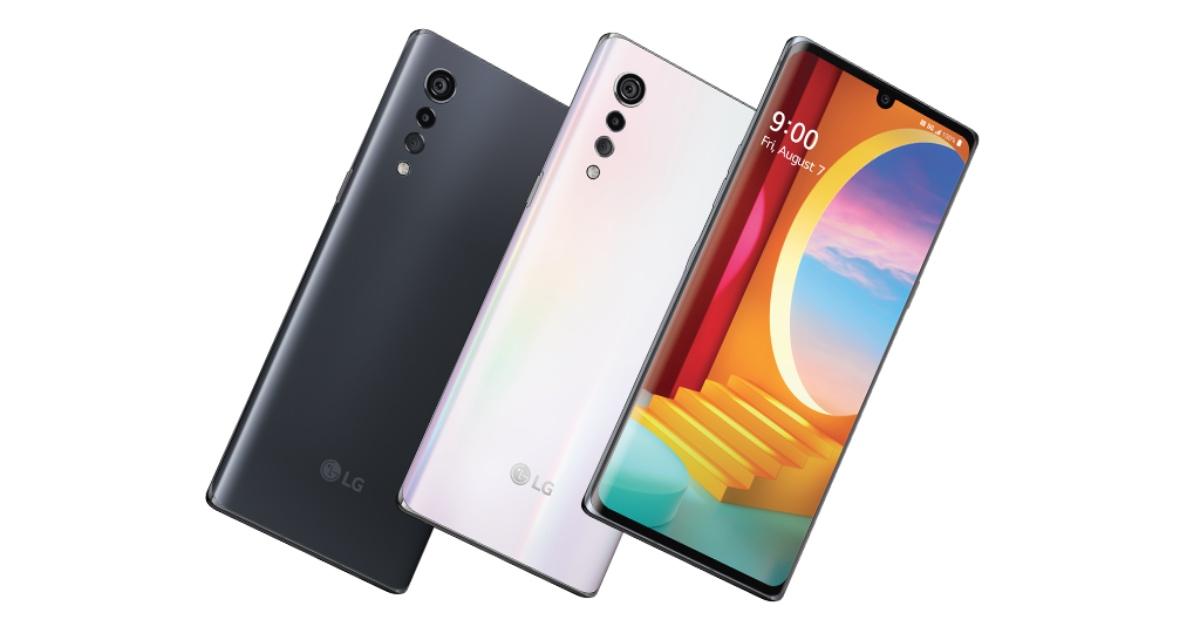Yearly Cell Phone Upgrades Are Nice, but Are They Necessary?
Upgrading your phone yearly gives you access to latest features cell phones have to offer. Should you upgrade your phone early?
Oct. 22 2021, Published 1:59 p.m. ET

Apple, Samsung, and Google are notorious for releasing a new cell phone model every so often, leaving you feeling compelled to upgrade your device. After Apple launched its iPhone 12 and iPhone 12 mini in Oct. 2020, it then released the iPhone 13 about a year later, in Sept. 2021.
While it's certainly a luxury to have the latest device, is it necessary to upgrade your cell phone every year?
Reasons you might want to upgrade your phone yearly

1. You won’t incur a higher monthly bill or additional fees.
If your cell phone provider offers you the option to trade your phone in every year only to get the latest device, it may make sense to do so. Generally, wireless communication companies such as T-Mobile offer customers the option of trading in their old phones in exchange for a credit toward a new device.
If the credit is enough to offset a user's monthly bill so that they aren’t paying any more than what they were spending on their old device, they can upgrade without worrying about spending more.
2. Upgrades give you access to the latest software.
Software developers for Apple, Samsung, and Google are constantly looking for ways to upgrade their software so that their devices function better. When you upgrade yearly, your device will remain compatible with the current software as it's released. In 2021 alone, Apple released 12 software updates for the iPhone 6s and later models.
Not only do software updates improve your cell phone’s ability to function, but they also correct any security gaps.
Disadvantages of not upgrading your device yearly

There are also a few disadvantages of sticking with the cell phone you have.
1. Your phone loses value.
For each year you own your phone, its value is likely to decrease. When it comes time for you to trade it in, the provider or company you're working with will offer you less than what you would have received had you traded it in earlier.
Swappa, an online retailer that sells and swaps used cell phones, is currently offering $664 for the iPhone 12 64GB (released in Oct. 2020) if it's unlocked and in good condition. The iPhone 12 currently retails for $699 on Apple.com. If Swappa lives up to its word, you’re looking at collecting nearly the same price you paid for your iPhone 12 64GB.
But, assume your device is three years old, like the iPhone 11, which was released in Sept. 2019. While the current retail price is $499 for a 64GB device, Apple is offering only $340 or less, depending on the condition of your phone.
2. You’re stuck with outdated software that slows down your phone.
Each time a cell phone company launches a new update, it puts your device at risk of running slower. Here’s why. “When you install a brand-new operating system on an older device, problems may occur that make everything from opening the camera to browsing the web feel sluggish,” reported The New York Times.
To ensure your cell phone remains compatible with new software updates, you'll need to upgrade it regularly. Cosmetics and features aside, if you choose not to upgrade your cell phone yearly, you may be required to pay more when it comes time to trade it in.
